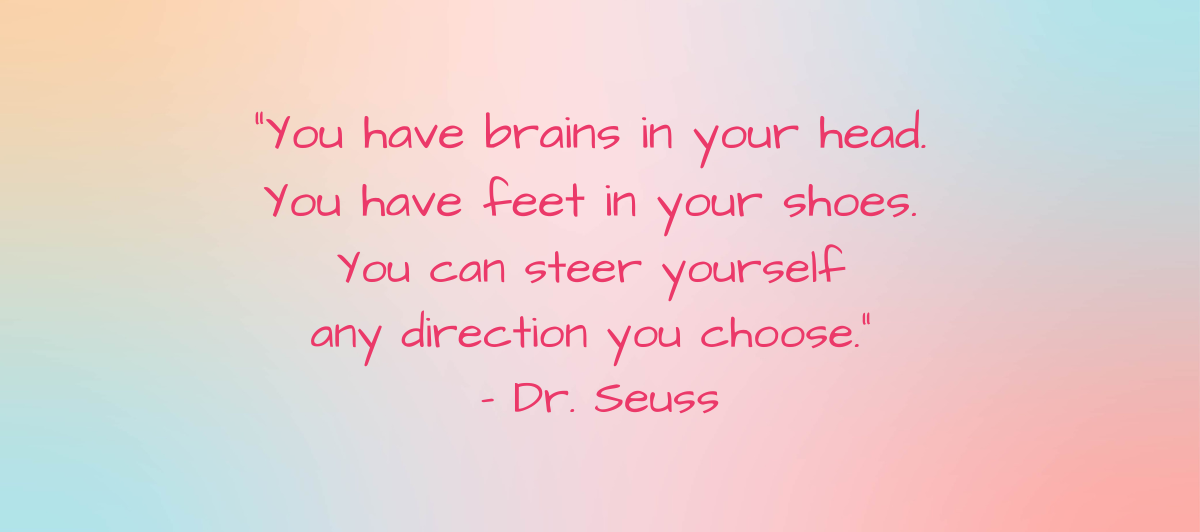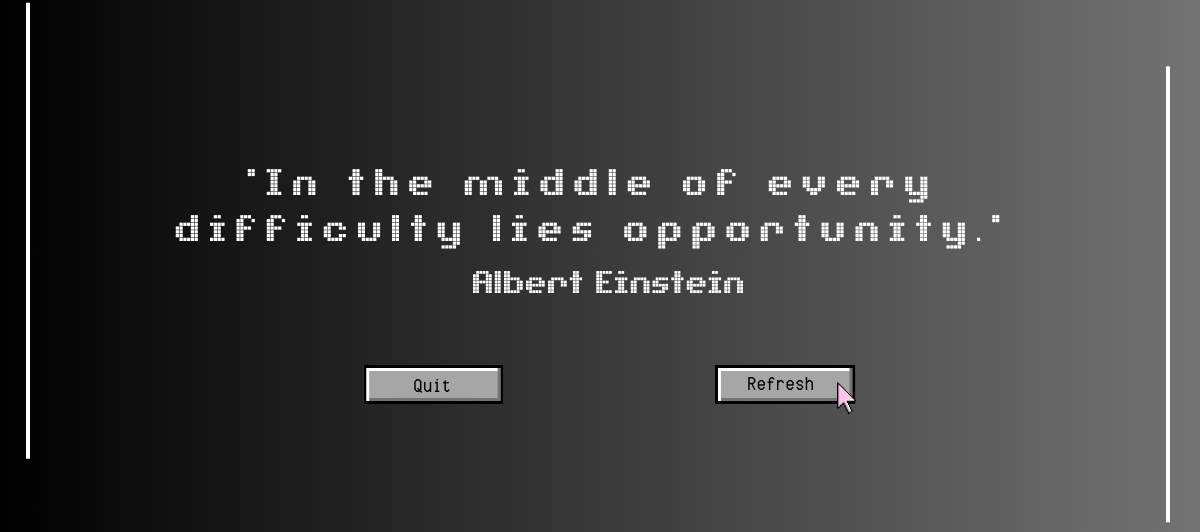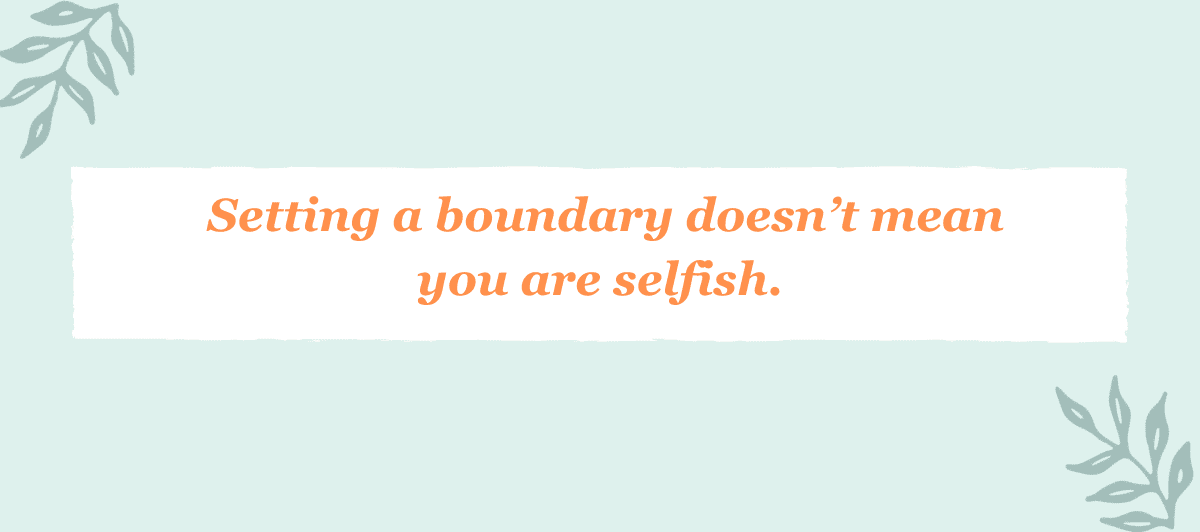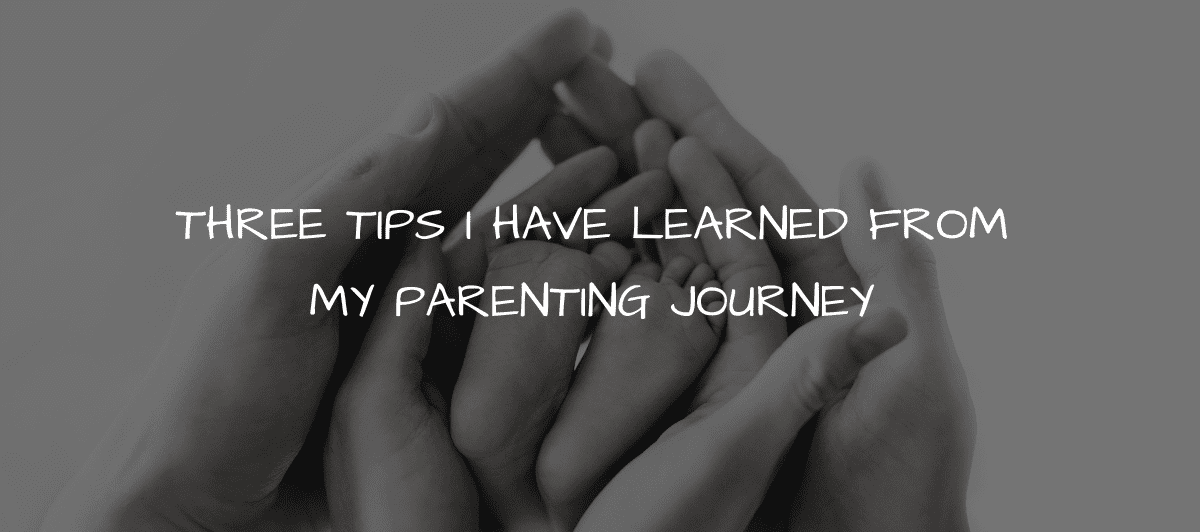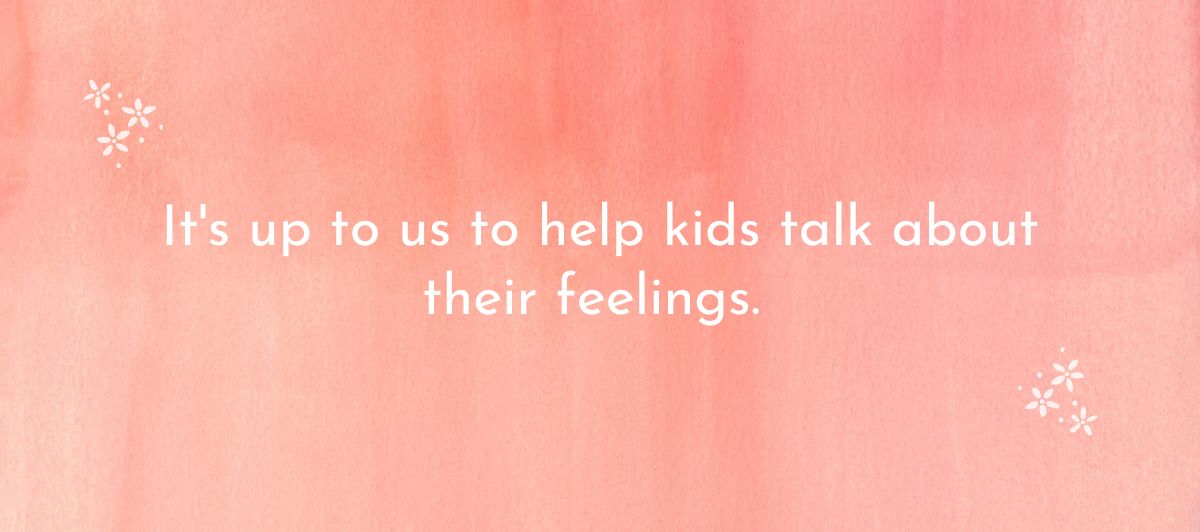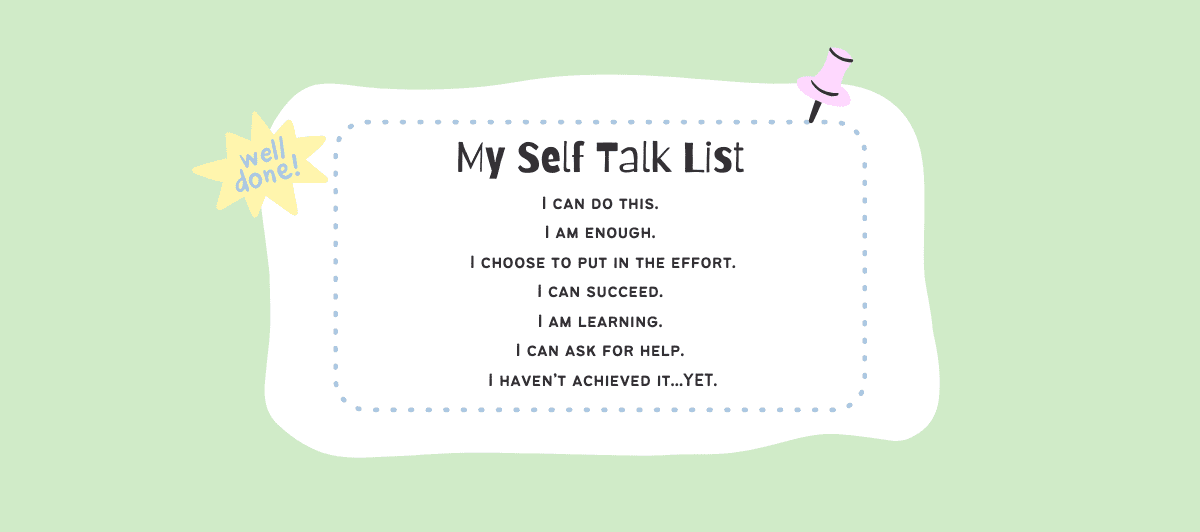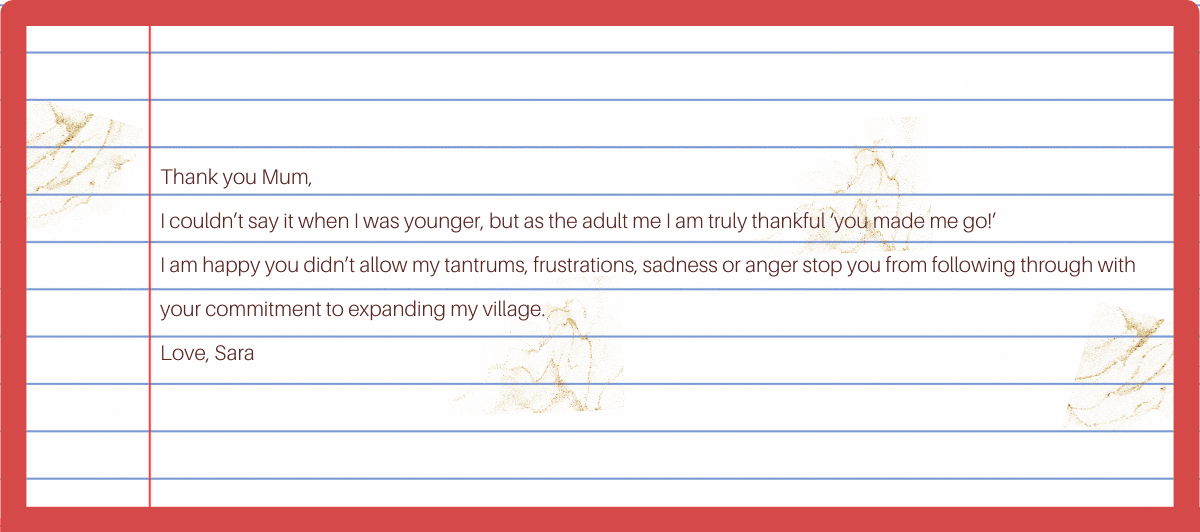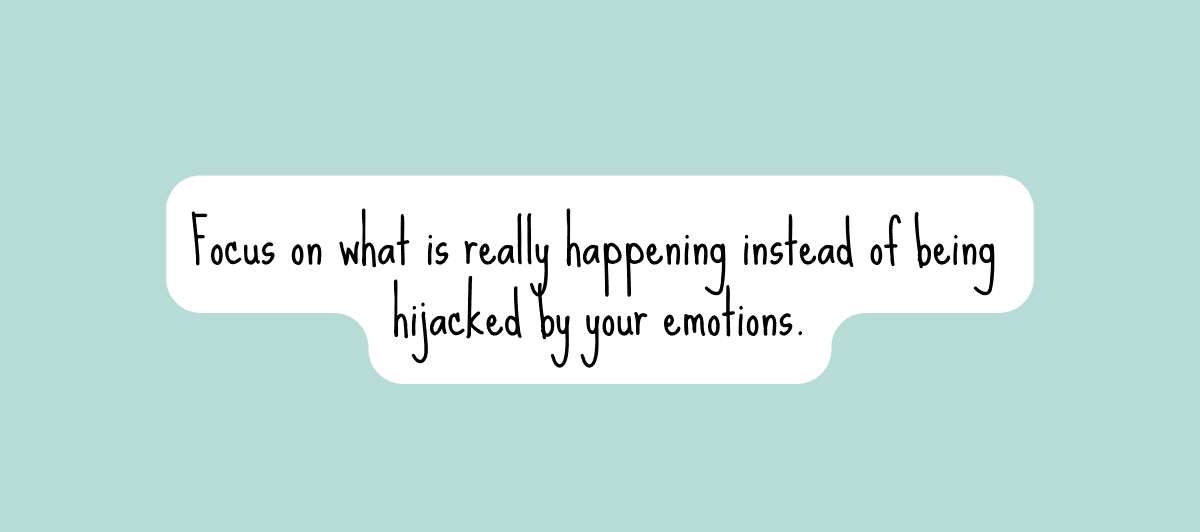
Tired Child: Building a Bridge of Understanding
The other evening, my son was really having a hard time listening. I don’t know about you, but when my child isn’t listening, it can trigger lots of different emotions, such as frustration, annoyance and even anger. In these moments, since it’s easy to interpret his lack of listening as a form of disrespect, I consciously work on being mindful of how I am perceiving his behaviour.
If I view it from the perspective of him being intentionally disrespectful and choosing not to listen to me, it’s very easy to react from my anger. However, if I step back and become an observer, I notice something completely different – I notice that he’s tired.
When kids have a tired brain their ability to listen and respond is significantly diminished. They don’t have the capacity to engage with us the way they would when they’re well-rested.
It’s important to recognize this because children, mine included, won’t say, “I’m really tired, and I can’t listen properly because my brain is exhausted.” If I even suggest he might be tired, he will vehemently deny that his words and actions have anything to do with being exhausted.
Instead of interpreting his lack of listening as disrespect, which would cause me to react, I choose to view it as exhaustion. I know that his tired brain is hindering any possibility of a rational discussion. My focus becomes staying calm and avoid taking his words personally, so I can help him achieve a relaxed state.
If there are issues that need addressing, I save those conversations for the morning. After a good night’s sleep, he wakes up transformed, like a totally different person!
This is what I know: Tired brains can’t rationalize. They are reactive, lack emotional regulation and aren’t open to listening and learning. Remembering this will help you approach their behaviour with empathy and patience, allowing you to support them in the best way possible.
Until next time…


